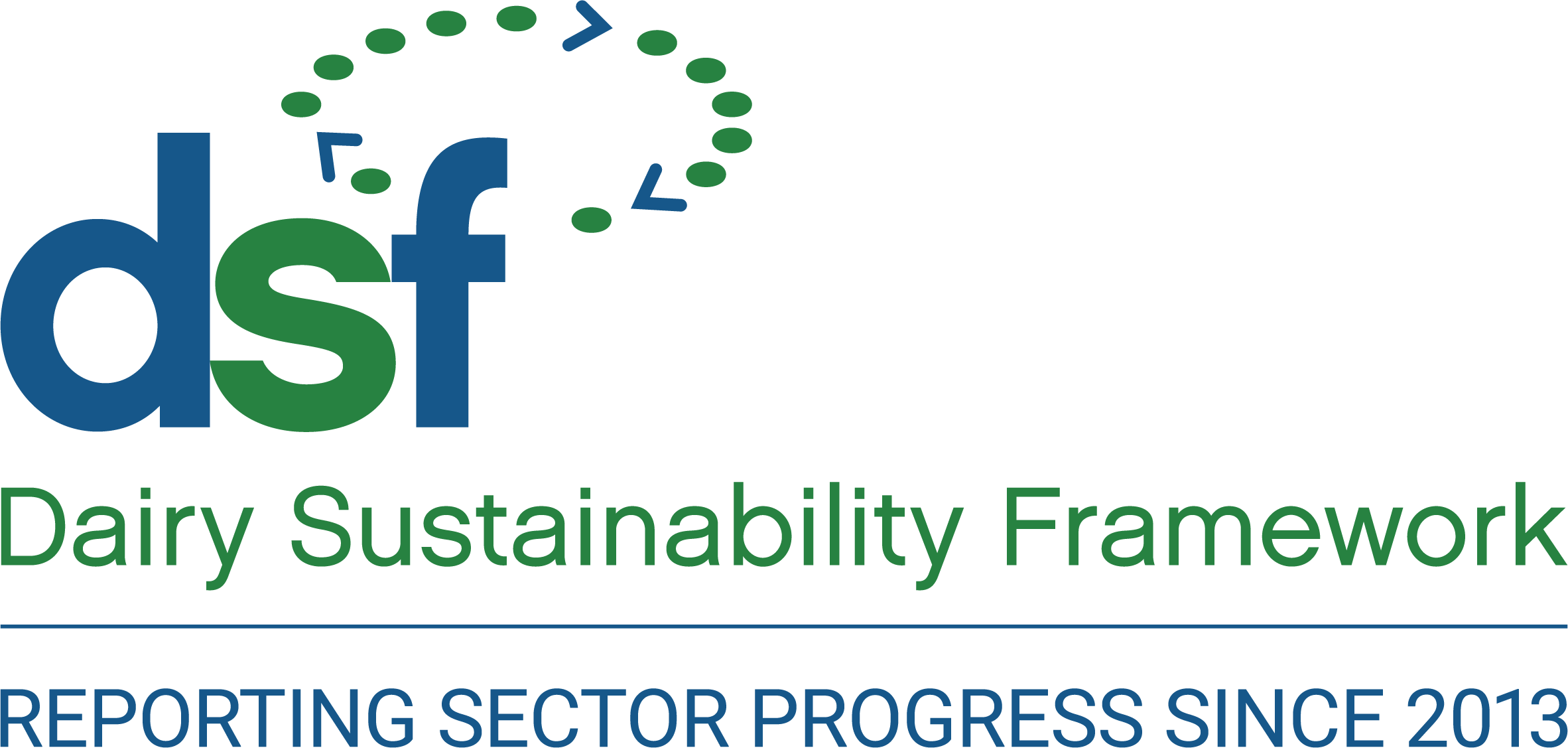New annual report for the DSF shows significant progress
New annual report for the DSF shows significant progress
Global Dairy Agenda for Action (GDAA), which provides governance for the global dairy sector’s efforts in addressing its sustainability challenges, today announced the publication of its second Dairy Sustainability Framework (DSF) Annual Report, the dairy sector’s program to align, connect and demonstrate continuous improvement in sustainability.
The 2015 – 2016 review of the year reports that 27% of global milk production now operates under the Framework (up 10% on the previous report) covering over 30 million cows, 658,000 farms and 3,700 processing plants worldwide.
The size of the Framework has increased substantially with the introduction of ‘Aggregating Membership’ which allows countries, regions, or even small groupings of dairy sector organizations who are collaborating on sustainability programs, to register and report through one coordinating body. Already there are three Aggregating Members - representing 187 dairy companies in total.
Reporting progress in a transparent, robust and meaningful way has been a key focus of activity for the Framework. In order to report on the continuous sustainability progress of the dairy sector globally, the GDAA Governors have agreed to the development of ‘indicators’ that will allow progress reporting under each of the 11 Global Criteria of the DSF.
Three indicators will be developed each year, agreed with the membership and introduced. Each Implementing/Aggregating member will be asked to incorporate this indicator alongside their own ‘local’ KPIs/measures and will be required to include these results as part of their reporting procedure to the DSF. The first three indicators that will be introduced in 2016 are for the criteria: Animal Care, Rural Economies and Greenhouse Gas Emissions.
With significant progress being made with membership and reporting, Donald Moore, GDAA Chairman says: “The Framework must continue to evolve and adapt. Now, two years into development the Governors have commissioned SustainAbility, the consultants who assisted in developing the DSF, to conduct a Post Implementation Review (PIR) to proactively assess the progress made and to help chart the course for the next stage of development.”
The DSF has been designed on the three principles: Align, Connect, Progress and the Annual Report features examples of activity in these areas over the last 12 months. These include the development of a resource for use by the dairy sector in relation to the COP21 climate change negotiations. This communicated an aligned approach in both supporting the delivery of the
UN’s Sustainable Development Goals (SDGs) and the continued desire to improve the sector’s GHG emissions performance. The Framework has already mapped the 11 DSF Criteria against the SDGs to appreciate the role of the sector in supporting the delivery of the 17 Goals.
Goal 17 is Working in Partnership. The DSF continues to invest considerable efforts in building strong and collaborative partnerships to achieve mutually desirable outcomes, actively encouraging local development and activity under the Framework’s template
Connecting the Framework, the member’s database was developed during the latter part of 2015 to allow for the input of initiatives and annual reporting by members. The database allows an ‘at a glance’ view of projects being undertaken throughout the world, connecting and aligning the DSF membership.
Mr Moore says: “The information provided by members into the database is a powerful resource to provide not only the evidence of the continuous improvement of the dairy value chain in its sustainability efforts, it is also a resource for members in seeking answers to the sustainability challenges that they are facing, answers that may have been identified by fellow members in other geographies.
The Dairy Sustainability Framework (DSF) Annual Report is available to download here
